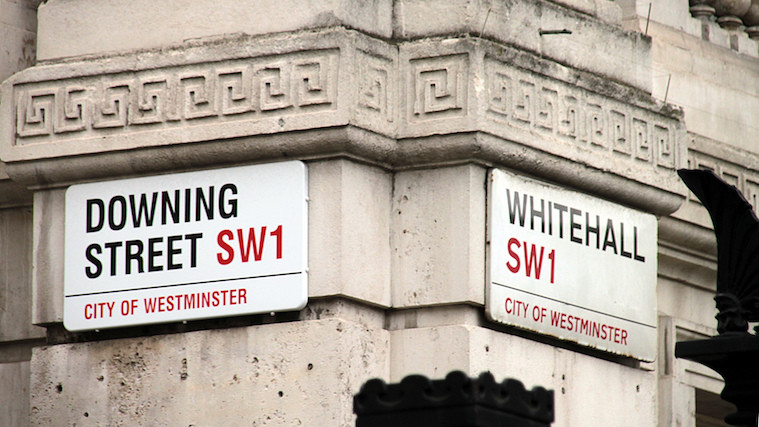The British government hopes that by October the UK and the EU:
- “agreed that the Common Travel Area and associated rights should be preserved and acknowledged in the Withdrawal Agreement;
- reached agreement on the scope of the issues arising from the Belfast (‘Good Friday’) Agreement, and specifically agreed to affirm our continued support for the Agreement, upholding the identity and citizenship rights of the people of Northern Ireland, and considered the key principles for the continuation of the PEACE IV programme and a potential future PEACE programme;
- considered and, if possible, agreed to the principle of a time-limited interim period linked to the speed at which the implementation of new arrangements could take place, including considerations relating to the unique circumstances of Northern Ireland and Ireland, as set out in Future Customs Arrangements: a future partnership paper.
- considered the key principles and criteria for avoiding a hard border for the movement of goods; and
- discussed the preservation of the North-South and East-West cooperation envisaged in the Belfast (‘Good Friday’) Agreement, and if possible agreed specifically on key principles for the energy market in Northern Ireland and Ireland.”
However, the paper contains very little on concrete proposals to achieve this in the context of the UK leaving the EU.
Among the proposals are “a cross-border trade exemption” for smaller traders “who cannot be properly categorised and treated as economically significant international trade.”
The UK also specifically wants EU funding of PEACE programmes to continue after Brexit.
On food and agri-food products, the British government suggests “regulatory equivalence on agri-food measures (…) with scope for flexibility in relation to the method for achieving this. (…) Providing the UK and the EU could reach a sufficiently deep agreement, this approach could ensure that there would be no requirement for any SPS or related checks for agri-food products at the border between Northern Ireland and Ireland.”
The paper takes the example of the common veterinary area and the regulatory equivalence agreement with Switzerland as a basis.
Finally, on goods, the UK government proposes an “innovative and untested” approach in the paper on the customs union which includes the option of a new customs partnership.
Criticisms
Fintan O’Toole summarised the British position in The Guardian on 16 August:
“If everything goes fantastically well, you’ll end up with, um, the status quo. Trade will “operate largely in the same way it does today”. The position paper is effectively a hymn to the way things are now. We don’t have a hard border, and we won’t after Brexit. We do have a common travel area that works remarkably well, and it will continue to go splendidly. The position paper takes existing realities and repositions them as a distant mirage, a fantastical possibility: less emerald isle, more Emerald City.”
While the customs paper, published a day earlier, was clearly targeted at a domestic audience, and has been described as a “fantasy”, the Northern Ireland paper has been described
“less like a serious attempt to find solutions and more like an early move in the blame game that will unfold when those solutions have not been found. It claims the moral high ground: Britain is utterly opposed to a hard border. Thus, when the EU responds by saying that a hard border follows inevitably from a decision to leave the customs union, it will be the EU’s fault. But this is not a blame game or any other kind of game.”
Ian Dunt, editor of politics.co.uk, finds “a hermetically-sealed, inward-looking debate” in the UK. He adds that “Brexiters treat the British position paper on Ireland as a plan, when it is, in reality, a long petition for the EU not to enact its own laws, in order to save us from the repercussions of our own decisions.”
Writing in the Irish Times, Noel Whelan agrees that the proposal cannot be a basis for negotiations and that the British government tries “to frame the narrative so the European Union will be blamed for the imposition of Border controls. The truth, of course, is that it is the British who, by choosing to leave the Custom Union, will be responsible for the reemergence of physical Border controls.”
